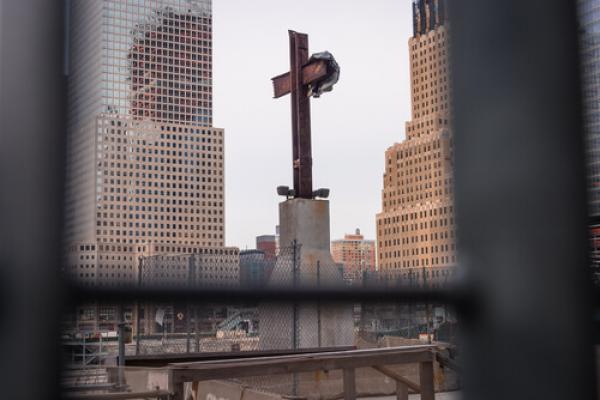Sep 9, 2021
What does it mean, now two decades past this traumatic event, to “never forget” 9/11? And why are we simultaneously encouraged to “move on from the past” when it comes to other great American tragedies, like the genocidal erasure of Indigenous peoples, or the horrific violence against Black people from chattel slavery through Jim Crow?
Read the Full Article

Already a subscriber? Login
